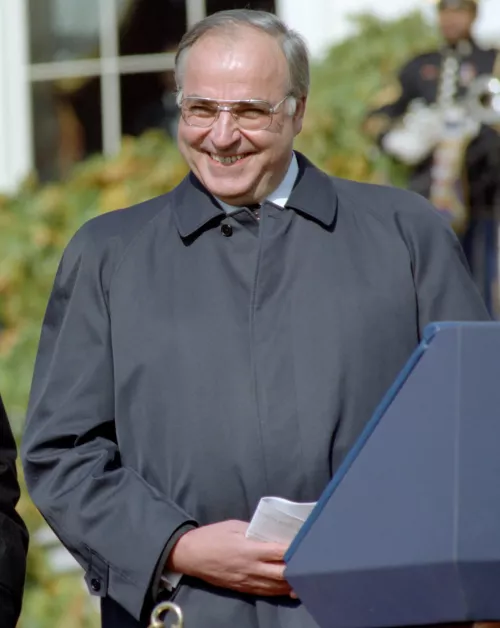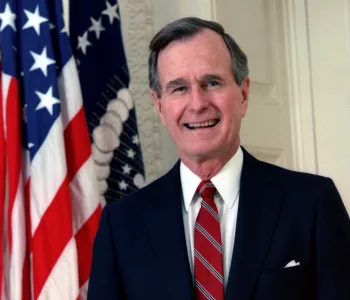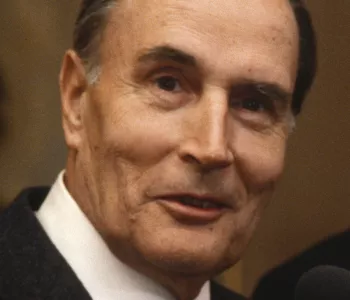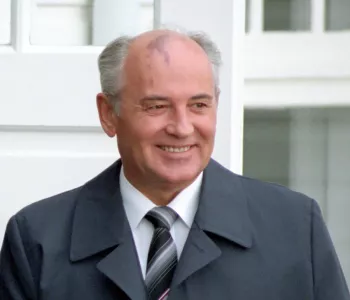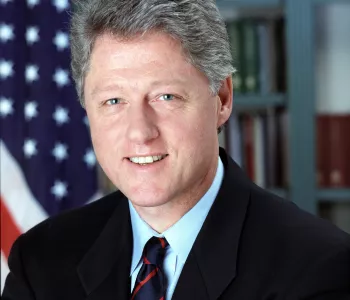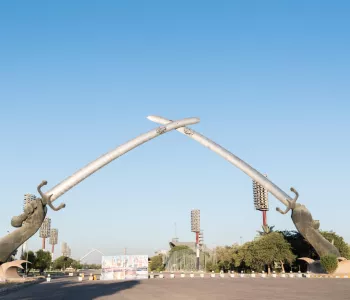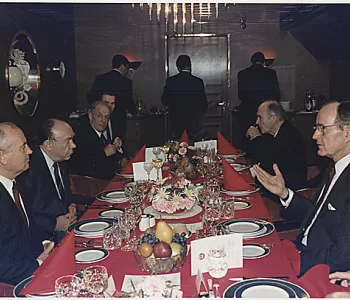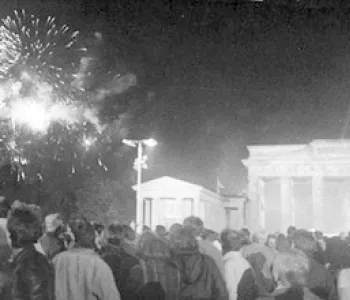Born on April 3, 1930 in Ludwigshafen, Germany, to a Catholic family, Kohl participated in the late stage of the WWII as a teenage soldier. He joined the Christian-Democratic Union (CDU) in 1947. He then went on to earn a Ph.D. degree in history. From 1969-1976 he was Minister President of the Rhineland-Palatinate state, after which he became a member of the Federal Parliament to be the leader of the CDU opposition against the government led by the Social Democratic Party (SPD) of the time.
On October 1, 1982, he succeeded Helmut Schmidt as Chancellor by means of a Constructive Vote of No Confidence, the only one in post-war German history that was successful to date. Especially in the earlier days of his tenure, Kohl faced stiff opposition from the German political left. Kohl holds the record of being the longest-serving Chancellor of Germany since Otto von Bismarck.
He was married to the late Hannelore Kohl and has two sons from that marriage.
Kohl is widely recognized even by his political adversaries for managing the process of German reunification that started with the fall of the Berlin Wall on November 9, 1989, and formally completed on October 3, 1990. Then on December 2 that year, a coalition led by Chancellor Kohl won the first free all-German elections since 1932.
